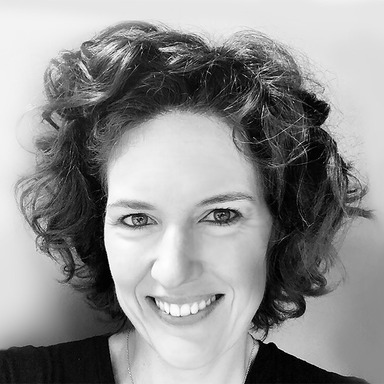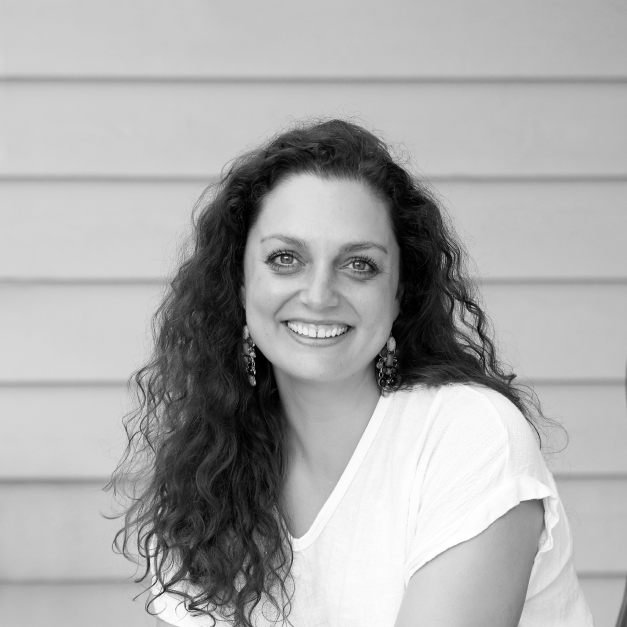
ASKING FOR A FRIEND
How do I break into a cliquey team?
ASKING FOR A FRIEND - QUESTION
Starting at a new agency where everyone seems to know each other can feel isolating, especially when colleagues are lovely individually but feel cliquey as a group. Maria Devereux, Executive Creative Director at Accenture Song and member of the Mentally Healthy Change Group, tackles this common workplace challenge with refreshing honesty. Rather than suggesting you decode group dynamics or perform a version of yourself, Maria advocates for radical authenticity. Her approach recognises that trying to break into friend groups by pretending to be someone else is not only exhausting but ultimately unsustainable. This discussion offers a more sustainable path to finding your place in a new team while staying true to who you are.
Breaking Into Friend Groups at Work: How to Navigate Cliquey Teams
Starting at a new agency can feel like walking into someone else's living room mid-conversation. Everyone seems to know each other's stories, share inside jokes, and have that easy familiarity that comes from working together for ages. When your new colleagues are lovely individually but feel like an impenetrable group, it's natural to wonder how you'll ever find your place.
This is exactly the situation one person found themselves in: working with people who were genuinely nice one-on-one, but as a group felt cliquey and exclusive. The constant stream of in-jokes and shared references left them feeling like an outsider looking in, wondering how to break through and become part of the friendship group.
This question was answered by Maria Devereux, Executive Creative Director at Accenture Song in North America and passionate member of the Mentally Healthy Change Group, with extensive experience in creative leadership and building inclusive workplace cultures.
The Authenticity Approach
When faced with a cliquey team, your first instinct might be to study the group dynamics and try to fit in by mimicking their behaviour or interests. But Maria suggests a different approach entirely: "I like to try and always do is be myself, be authentic at all costs."
This might sound simple, but it's actually quite brave. Being authentic means accepting that "some people don't necessarily appreciate you, like you if you like, or you can't fit in with that group." The key is having confidence in who you are and being "comfortable with who you are" rather than desperately trying to earn acceptance.
Why Authenticity Beats Performance
The alternative to being yourself is exhausting. As Maria points out: "Think about how exhausting would it be if you had to pretend to be something else so that they liked you, and then you had to keep pretending to be that thing every day, 5 days a week, 52 weeks of the year."
This creates a cycle of uncertainty and self-doubt. When you're performing a version of yourself, you never know if you're "living up to it," whereas "you can know whether you're living up to being you." The mental energy required to maintain a facade is better spent on doing good work and building genuine connections.
The Long Game of Genuine Connection
Being authentic doesn't mean you'll instantly break into every friend group, and that's actually okay. Maria's perspective, shaped by experience, is to be "a little less concerned with whether you're part of that group or not. As long as you're being true to yourself, that's sort of personally what I find more fulfilling."
This approach recognises that workplace friendships, like all relationships, develop naturally over time. When you're consistently yourself, you attract people who genuinely appreciate who you are, rather than those who like a performance you're putting on.
Finding Your Place Without Losing Yourself
The goal isn't necessarily to become part of the existing clique, but to find your authentic place within the team. This might mean connecting with different people, or it might mean that over time, your genuine personality naturally integrates with the group dynamic.
What matters is that any connections you make are built on solid ground. As Maria notes, there's relief in authenticity: "let there be an authenticity to that that gives you some relief." When you're not constantly second-guessing yourself or trying to decode what version of yourself to present, you can focus on what really matters: doing good work and building meaningful professional relationships.
Moving Forward With Confidence
Breaking into a cliquey team isn't about cracking a code or winning over every person. It's about showing up consistently as yourself, contributing your unique perspective, and trusting that genuine connections will develop naturally. Some people will resonate with who you are, others won't, and both outcomes are perfectly normal.
Remember, you were hired for your skills and perspective, not your ability to fit into an existing social dynamic. Your authentic self is exactly what your new workplace needs, even if it takes time for everyone to recognise it.
our guests
Industry Leader

Maria Devereux
Accenture Song
Mental Health Expert

Katie Feder
Host

